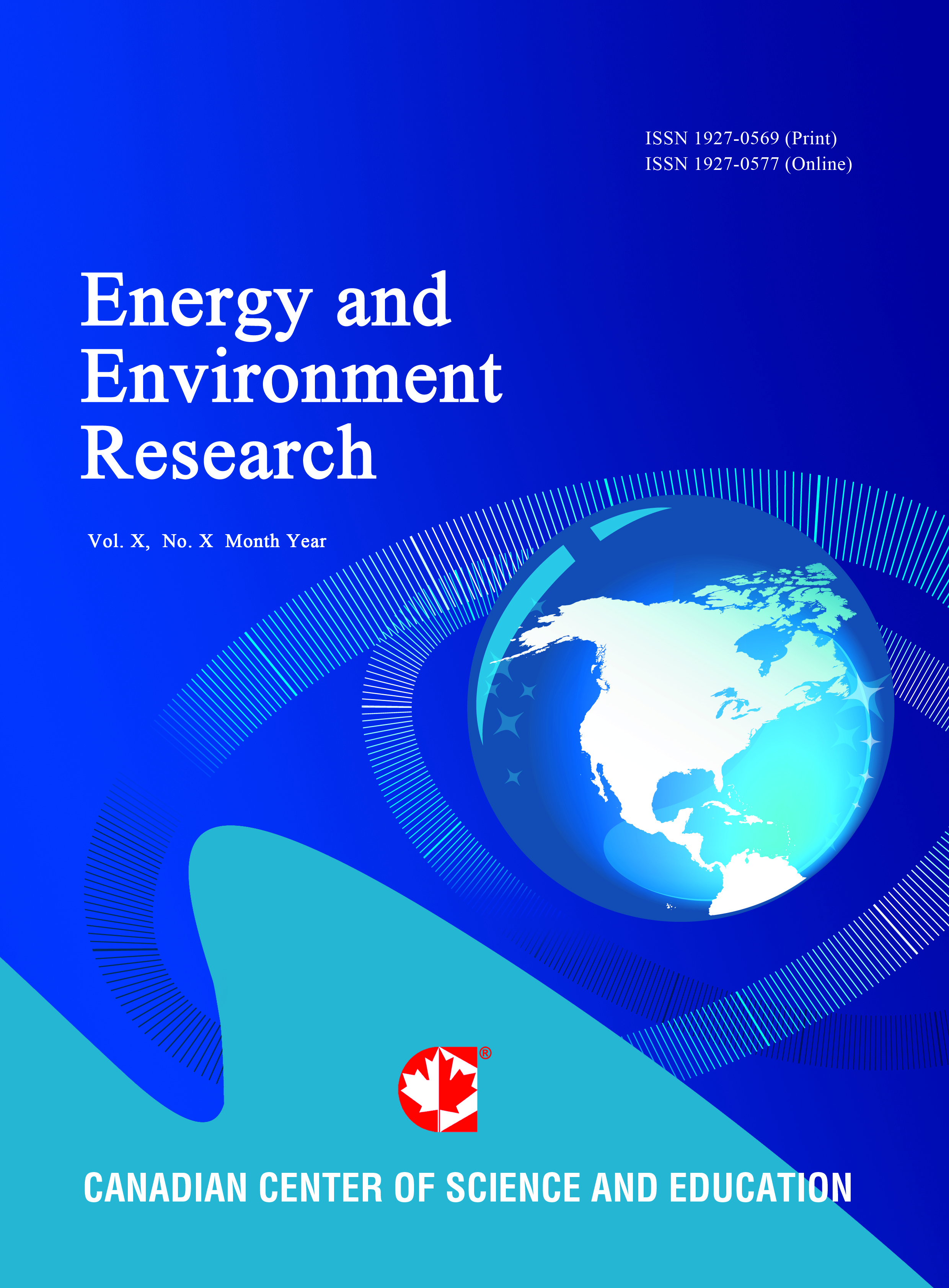Influence of Crude Oil Spillage on the r-Radiation Status of Water and Soil in Ogba/Egbema/Ndoni Area, Nigeria
- Yehuwdah Chad-Umoren
- Efe Ohwekevwo
Abstract
Crude oil spillage is one of the variables in the hydrocarbon industry responsible for the impact the industry makes on the ionizing radiation status of its host environment. A study was carried out to investigate the level of impact of oil spillage on the ionizing radiation profile of three communities in the Niger Delta region of Nigeria reputed for its abundant oil wealth. For the purpose, 15 water samples (five from each community) and 15 soil samples (five from each community) were collected and analyzed using the Gamma Scout ?-spectrometer and Na(TI) detector. The lowest dose rate for both water and soil was the same 1.14±0.07 mSv/yr (0.014±0.001 mR/hr), while the highest dose rate was also the same for both water and soil 1.58±0.11 mSv/yr (0.019±0.001 mR/hr). However, the minimum dose rate, maximum dose rate and mean dose rate computed for water differed from those computed for soil. The study showed that all computed radiation parameters for both water and soil, including the minimum dose rates measured for the three communities, exceeded international regulatory standards for the general populace indicating that oil spill had resulted in the elevation of the radiation levels of the affected communities and that appropriate steps need to be taken to protect those living in the study area from radiation hazards.
- Full Text:
 PDF
PDF
- DOI:10.5539/eer.v3n2p45
Journal Metrics
(The data was calculated based on Google Scholar Citations)
h-index (July 2022): 19
i10-index (July 2022): 53
h5-index (July 2022): N/A
h5-median(July 2022): N/A
Index
- BASE (Bielefeld Academic Search Engine)
- CiteFactor
- CNKI Scholar
- Elektronische Zeitschriftenbibliothek (EZB)
- Excellence in Research for Australia (ERA)
- Genamics JournalSeek
- Google Scholar
- NewJour
- Norwegian Centre for Research Data (NSD)
- PKP Open Archives Harvester
- Publons
- ROAD
- SHERPA/RoMEO
- Standard Periodical Directory
- Ulrich's
- Universe Digital Library
- WorldCat
Contact
- Lesley LuoEditorial Assistant
- eer@ccsenet.org
